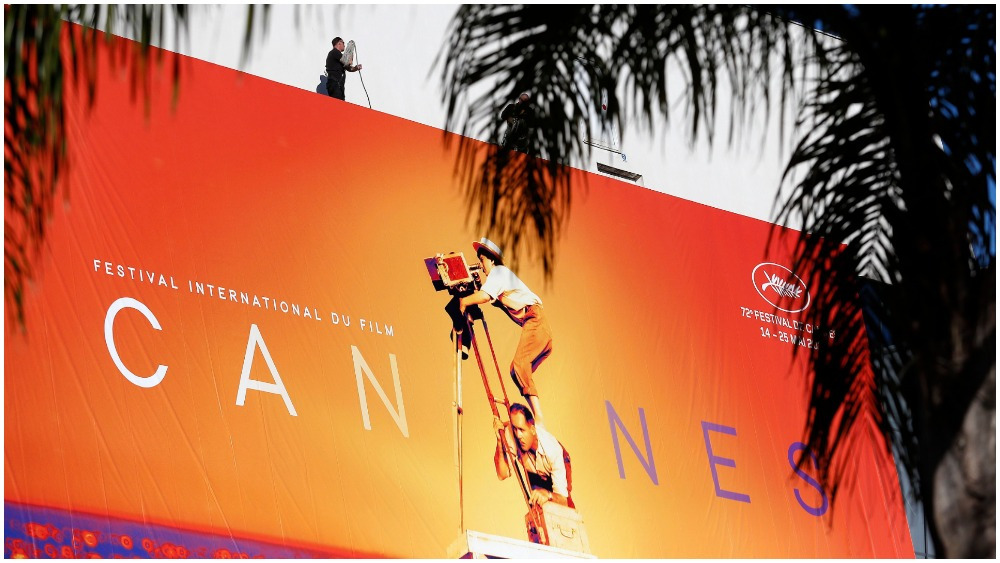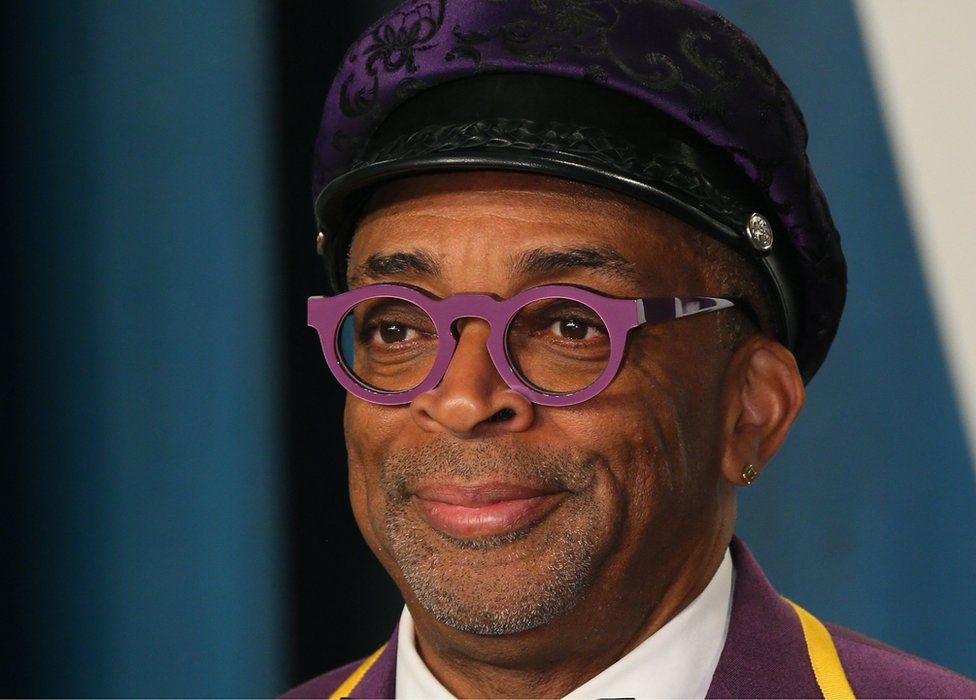This article is more than
4 year oldCannes Film Festival Not Covered by Insurance in Case of Cancellation

The Cannes Film Festival is among a number of events in France hanging in the balance in the face of the coronavirus outbreak and the government’s recent ban on gatherings of more than 1,000 people. In the event of a cancellation, however, the festival won’t be able to rely on an insurance claim.
The festival was given the opportunity by its insurance company, Circle Group, to purchase a buy-back option covering epidemics and pandemics around 10 days ago, and surprisingly declined it, according to a source at Circle Group, a leading insurance company whose client roster also includes the Cesar Awards — France’s equivalent to the Oscars. The buy-back option represented around 6% of the total price for the insurance package.
Because Cannes has declined to take the option, the festival won’t be covered if it needs to cancel — even if organizers’ hands are forced by a governmental decree.
The film festival, which carries a budget reportedly in the €30-million ($33 million) range, is financed by French taxpayers and corporate sponsors. Organizers previously told Variety they are monitoring the situation while pursuing the selection of movies in the run-up to their April 16 press conference.
A Cannes spokesperson did not respond to a request for comment about the festival’s insurance policy by press time.
However, Pierre Lescure, president of the Cannes Film Festival, confirmed to French outlet Le Figaro that the festival is not insured for coronavirus. He added that the offer made by Circle Group 10 days ago was “totally disproportionate.”
“We were only offered to cover ourselves for up to €2 million ($2.3 million) while our budget is €32 million ($36 million). It was really peanuts. The company was clearly playing bounty hunter and we have of course declined this proposal,” he said.
The executive added that the festival has a large endowment fund that will provide “reserves” if the festival — which is forging ahead with its film selection — is cancelled. The fund covers at least one year without revenue, said Lescure.
Much like most insurance companies in France, Circle Group doesn’t cover cancellations due to coronavirus, as with other epidemics and pandemics. That means event organizers have to book a separate buy-back option, but this can only be done in early stages and before the virus passes a certain mark.
In the case of coronavirus, insurance companies have stopped making these options available to clients since the end of January, when the virus began grabbing headlines. It is believed, however, that Circle Group was willing to make an exception for the Cannes Film Festival, as it did for other key clients.
For events which are not covered, such as the film festival, claiming a case of force majeure won’t suffice, even if the government requests a cancellation or gatherings ban, said a spokesperson for the French Federation of Insurance (Federation Nationale de l’Assurance). The spokesperson added that coronavirus was not considered by French insurers as a case of force majeure because it doesn’t fit any of the three defining criteria, which are “uncontrollable, external and unforeseeable.”
“There is no way a cancellation due to a virus outbreak will be taken into account by an insurance company as a case of force majeure if it’s clearly excluded from coverage in contracts — even if the government gets involved,” a source at Circle Group said. “Firstly, this is due to a separation of powers and, secondly, because making us change our rules on epidemics would sink the entire insurance world.”
France’s restrictive insurance policies around disease-linked damages have come as a response to SARS in 2002 and MERS in 2012, said Alexandre Regniault, partner at international law firm Simmons & Simmons, who heads up the firm’s life sciences sector.
“As time passes and these epidemics keep reappearing, it will become increasingly difficult to argue that outbreaks are unforeseeable,” said Regniault, adding that it was nevertheless possible in some cases to dispute the insurer and defend coverage, depending on the terms and conditions of the policy.
Laurent Cellot, the head of Gras Savoye Sports & Evenements, who works with cultural and sports events such as the tennis tournament Rolland Garros, said that most major events now have a habit of undertaking an additional option that includes losses due to diseases and epidemics.
Reacting to Sunday’s ban on gatherings of more than 1,000 people, Cellot said the new restrictions will cause many cancellations, including sports games and other live events such as concerts and spectacles.
“Many events have been spared so far because organizers were able to work around the ban on indoor gatherings of more than 5,000 people. For instance, there was a big soccer game on Sunday between Lille and Lyon that gathered 30,000 people, but with this new ban, many events of different sizes are now being threatened,” said Cellot.
Keywords
Newer articles
<p>Diddy's homes were recently raided in Los Angeles and Miami by Homeland Security.</p>
India calls for ‘immediate de-escalation’ amid Israel-Iran tensions
Why Israel is risking a dramatic escalation with Iran
Trump offers conditions for Ukraine aid renewal
Iron Dome, David’s Sling, Arrow: Israel’s air defense against Iran, explained
Israel’s War Leaders Don’t Trust One Another
Bianca Censori stuns in extreme v-neck dress
OJ Simpson to be cremated and no plans to donate brain to science, lawyer says
US helped Israel take down ‘nearly all’ Iranian drones and missiles – Biden
‘Their tactics have changed’: Russia’s bid to blow apart Ukraine’s power grid




